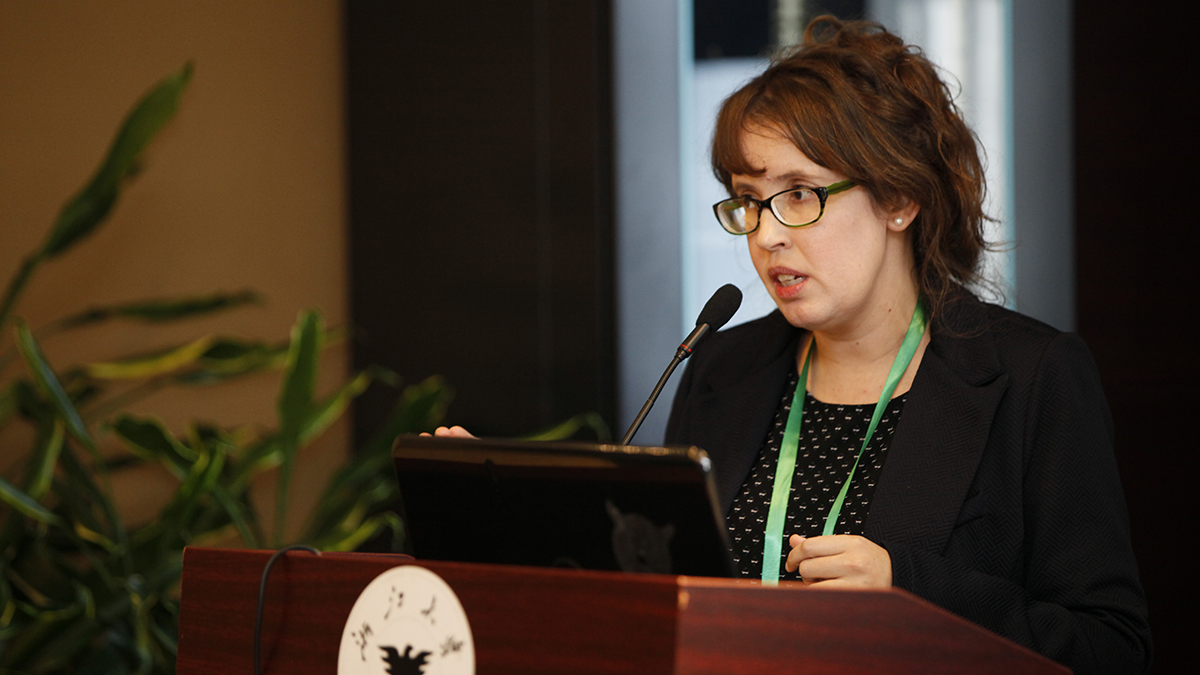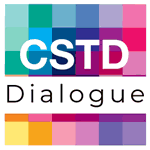Written by Karen Cloete, UNESCO-UNISA Africa Chair in Nanosciences and Nanotechnology Laboratories, University of South Africa (UNISA)
In the realm of science diplomacy, one area that stands at the forefront of technological advancement is nanotechnology. The ability to manipulate matter at the nanoscale has propelled this field into a cornerstone of scientific innovation. In this blog, I will delve into the nuances of nanotech diplomacy, exploring how international collaboration in nanotechnology is not only essential for ground-breaking innovation but also presents a unique set of diplomatic challenges and opportunities.
Nanotechnology involves the manipulation of materials at the nanoscale, offering unprecedented control over their properties and functionalities. The potential applications span across diverse sectors, including medicine, electronics, energy, agriculture, and materials science. As nanotechnology continues to evolve, the international community recognizes the necessity of collaborative efforts to harness its full potential.
Opportunities for nanotech diplomacy
Shared research initiatives: Nanotechnology is inherently interdisciplinary, requiring expertise from various scientific domains. Collaborative research initiatives will allow nations to pool their scientific know-how, facilitating the exchange of knowledge to accelerate progress. For example, international research partnerships have already led to breakthroughs in areas like nanomedicine and nanoelectronics.
Resource pooling: The infrastructure required for cutting-edge nanotechnology research often demands substantial financial and technological investments. Collaborative agreements will enable nations to pool resources, share expensive facilities, and collectively push the boundaries of nanoscience.
Standardization and regulation: Establishing international standards and regulations for nanotechnology is critical to ensure its responsible development and application. Nanotech diplomacy may play a vital role in facilitating discussions on ethical considerations, safety protocols, and regulatory frameworks to harmonize global efforts.
Addressing global challenges: Nanotechnology offers innovative solutions to global challenges, such as clean energy production, water purification, agriculture, and healthcare. More robust international collaboration will enable a collective response to these challenges, leveraging nanotech applications for sustainable development.
Challenges for nanotech diplomacy
Intellectual property concerns: Nanotech advancements often lead to the creation of novel intellectual property. Negotiating equitable sharing arrangements and respecting intellectual property rights may become complex issues in international collaborations.
Ethical considerations: As nanotechnology evolves, ethical concerns surrounding its applications, such as in human enhancement or surveillance, will necessitate diplomatic discussions to establish shared ethical guidelines and norms.
Technology transfer barriers: Developing nations may face challenges in accessing nanotechnology due to barriers in technology transfer. Diplomatic efforts are hence required to ensure a fair and inclusive distribution of nanotech benefits.
Security risks: The dual-use nature of some nanotechnologies poses security risks. Collaborative diplomacy may be crucial to establish transparent communication channels and protocols to mitigate potential threats.
Regardless of the listed challenges, nanotech diplomacy will be integral to unlocking the full potential of nanotechnology for global innovation. How? Firstly, nanotech diplomacy will play a central role in establishing international forums and collaborative platforms where scientists, policymakers, and industry leaders can converge to discuss shared goals, challenges, and opportunities in nanotechnology. Secondly, bilateral and multilateral agreements supported by nanotech diplomacy will facilitate the exchange of researchers, joint funding, and the establishment of shared research centres. These agreements create a foundation for collaborative nanotech initiatives. And lastly, nanotech diplomatic efforts should extend to promoting education and awareness about nanotechnology and its safe use.
By fostering a collective understanding of its potential, nations can build a shared vision for the responsible development and application of nanotech innovations. As the international community navigates the complexities of collaboration, addressing challenges and leveraging opportunities, the diplomatic sphere becomes a critical arena for shaping the future trajectory of nanotechnology. Through shared research initiatives, ethical considerations, and diplomatic negotiations, nations can collectively usher in an era of transformative nanotech innovation that benefits humanity as a whole.
Karen Cloete is UNESCO-UNISA Africa Chair in Nanosciences and Nanotechnology Laboratories, College of Graduate Studies, University of South Africa; and Nanosciences African Network (NANOAFNET), iThemba LABS-National Research Foundation.
Science, technology and innovation can be catalysts for achieving the sustainable development goals.
In the context of the UN Commission on Science and Technology for Development, the CSTD Dialogue brings together leaders and experts to address this question and contribute to rigorous thinking on the opportunities and challenges of STI in several crucial areas including gender equality, food security and poverty reduction.
The conversation continues at the annual session of the Commission on Science and Technology for Development and as an online exchange by thought leaders.


